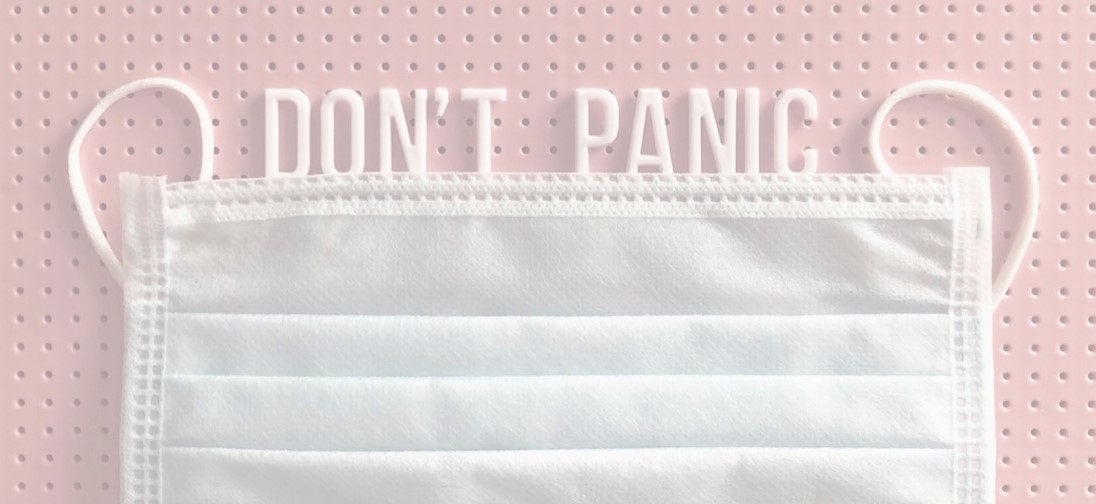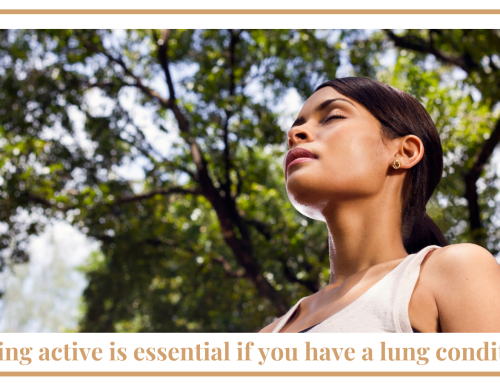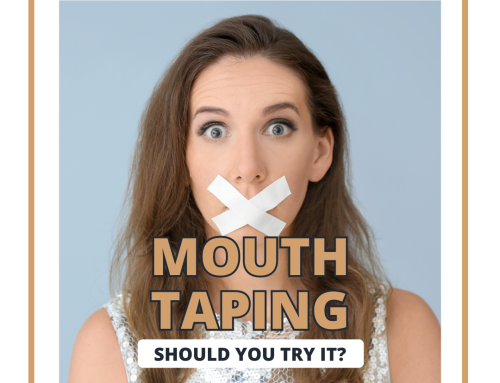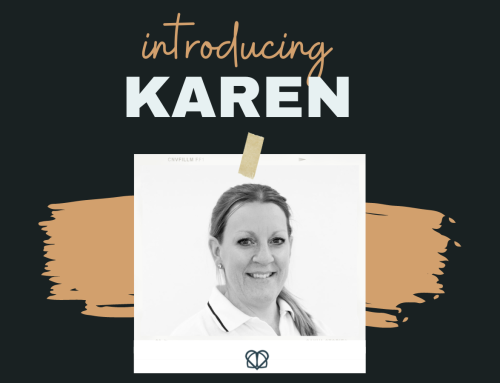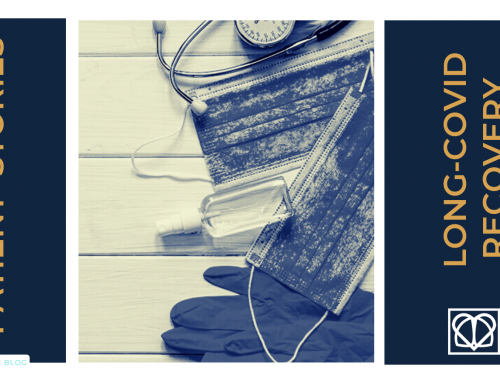We’re finding that many people are struggling with feeling very breathlessness and anxiety as part of their Covid-19 recovery. This is perfectly understandable because the virus is a disease that affects the respiratory system.
We also understand that this ongoing breathlessness can cause alarm and anxiety, especially if you had no respiratory issues prior to contracting the virus. If you’re breathlessness is persisting or getting worse, please speak to your doctor about arranging a review. If it is an emergency you must call 999.
It’s important to remember that feeling worried, stressed or anxious about your breathing can have a direct effect on the way in which we breathe, making your breathlessness worse. It can end up being a bit of a vicious cycle as the more you worry, the more breathless you become, then you worry even more… and so on!
Have a look at our video to see what normal breathing should look like.
Other causes of breathlessness
- If you’ve been immobile for a while your muscles are likely to be very weak and you’ll likely be very deconditioned. This lack of activity will mean you may feel fatigued more easily, which can make you breathless
- If you’ve had a chest infection on top of having Covid, this may make your breathlessness worse
- If you have an underlying condition and have had Covid, this can also affect your breathlessness
What should you do if you’re in this anxiety and breathlessness cycle?
First and foremost… don’t panic!
Remember that everyone has their own experience of the symptoms of the virus, and everyone recovers in their own way too.
There are some actions you can take to minimise the vicious cycle, calm your breathing and reduce your anxiety levels.
Top tips
- When you’re moving around do so in a controlled manner, not too fast or too slow
- Try to breathe at a steady rate and don’t hold your breath
- Pace your breathing in line with your movement to keep it all balanced
- Stop and take a break whenever you feel like it might be too much
- Try to make sure things you might need during the day are in easy reach so you don’t have to move around unnecessarily
- When eating, aim for little and often rather than large meals and drink plenty of fluids to avoid dehydration
- Work out times during the day when you can do your daily activities that involve physical effort so you can plan plenty of time in between them to rest & recover
- If you do start to feel anxious or breathless then stop doing what you’re doing and find a comfortable position that eases this for you
- Take some time out to do an activity that will reduce these reactions like listening to music or practicing mindfulness
- It’s important to build your activity levels up as part of your recovery and to help make your breathing muscles stronger but don’t rush. You’ll find you feel a little breathless as you do an activity but this is to be expected after having the virus.
Our blog on breathing pattern issues has some helpful tips on how to analyse your breathing and achieve optimal breathing with some useful techniques. And the British Lung Foundation has some useful advice on managing anxiety and breathlessness so do have a read!
If you feel your breathing is getting worse, you experience new breathlessness, or you’re at all worried then please do seek a medical opinion or make an appointment with your GP.
Specialist respiratory physiotherapy can help retrain your breathing and manage your breathlessness, as well as talking you through various strategies that can alleviate your fears about anxiety. We’ll help you manage your symptoms so you can return to doing the activities you enjoy and get back on track.
Please get in touch via hello@airphysiotherapy if you’d like any further advice.

